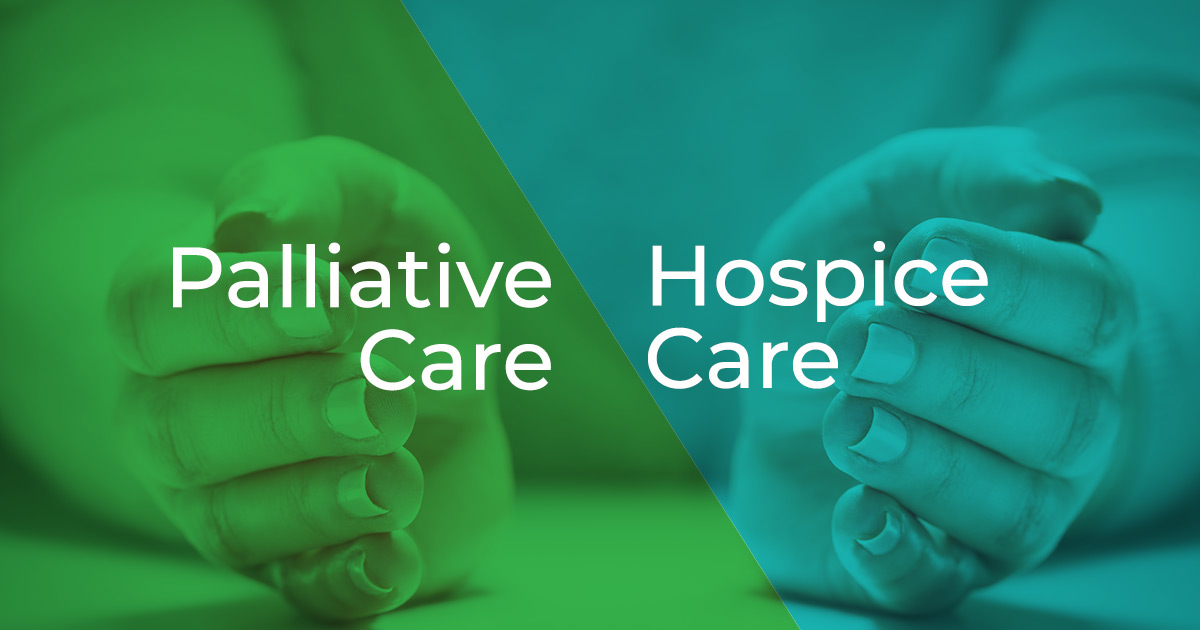
It’s not always easy to take care of ageing family members, especially when they are nearing the end of their lives. Simply being there for them and carrying out all obligations related to their passing, particularly honouring their last desires or preferences for how and where they may want to be when they pass away, are sufficient. End-of-life care describes the medical,
psychological, and practical assistance provided to a person who is getting close to the end of their life. Although hospice and palliative care services have recently improved, end-of-life care in India is not as advanced as in other nations. In the Indian context, older adult life support is prolonging the inevitable and imposes enormous financial stress on patients’ families, which is avoidable. The quality of dying is a focus of end-of-life care. A professional and readily available team is needed to provide care and comfort to someone who is dying.
Hospice care and palliative care are two types of medical care that emphasise giving comfort and support to patients with life-threatening illnesses. Despite the frequent confusion between these two names, there are some distinctions between them.
Palliative care is a specialised type of medical care that is designed to provide relief from the symptoms, pain, and stress of a serious illness. A group of medical experts, including doctors, nurses, social workers, and chaplains, give it with the goal of enhancing the patient’s and their family’s quality of life. All ages are eligible for palliative care, which is available in a range of facilities such as hospitals, hospices, nursing homes, and private residences. It is also important to note that palliative care is not the same as hospice care, which is a specialised form of palliative care that is provided to patients who are nearing the end of their lives. Palliative care can be provided at any stage of a serious illness, whether the patient is receiving curative treatment or not.
Whereas, Hospice care is a type of medical care for individuals who have been diagnosed with a terminal illness and have a prognosis of six months or less to live. Instead of trying to cure patients, hospice care focuses on comfort and quality of life. It is often provided in the patient’s home or a hospice centre and offers both the patient and their loved ones medical, emotional, and spiritual support. A multidisciplinary team of healthcare professionals, including doctors, nurses, social workers, chaplains, and volunteers, provide hospice care. Comprehensive care, pain and symptom management, and support for the patient and their loved ones during the dying process are the main objectives. Hospice care is focused on providing comfort and support rather than trying to cure the illness.
Here are some key differences between palliative care and hospice care:
Timing: Palliative care can be provided at any stage of a serious illness, while hospice care is typically reserved for people who have a life-limiting illness and have six months or less to live.
Focus: Palliative care focuses on relieving symptoms, improving quality of life, and supporting patients and their families, while hospice care has a more narrow focus on end-of-life care.
Setting: Palliative care can be provided in a variety of settings, such as hospitals, clinics, or the patient’s home, while hospice care is usually provided in the home or in a hospice facility.
Treatment: Palliative care can be provided alongside curative treatment, while hospice care typically forgoes curative treatments in favour of comfort care.
Team: Palliative care teams may include a variety of healthcare professionals, such as doctors, nurses, social workers, and chaplains, while hospice care teams typically include a smaller group of healthcare professionals and volunteers.
Palliative care is beneficial for older adults living with serious illnesses, such as cancer, dementia, Parkinson’s disease, heart failure, chronic obstructive pulmonary disease, and many others. Palliative care can be helpful at any stage of illness and is best provided soon after a person is diagnosed. In addition to improving quality of life and helping with symptoms, palliative care can help patients understand their choices for medical treatment. The organized services available through palliative care may be helpful to any older person having a lot of general discomforts and disabilities very late in life.
In conclusion, hospice and palliative care are both critical types of medical care that strongly emphasise giving support and comfort to patients with life-threatening illnesses. The primary distinction between the two is when the care is provided, with palliative care being given at any stage of a serious illness and concentrating on symptom relief, quality of life improvement, and patient and family support, while hospice care is end-of-life care.
Kancare Senior care is one of the top Assisted living Centres in Ernakulam to provide complete elder care services with the best professional team. Kancare was born out of a noble thought to provide meaningful assisted living support for the aged. Kancare also takes the responsibility to bring awareness among the children to educate them that aging is not a disease and how they can support their elders during this time. Kancare provides the best quality of life to those who are finding it difficult to lead a normal life because of health issues. The atmosphere and the trained staff will make the inmates feel at home in Kancare and give them a positive attitude toward their life.
Click here if you want to know more about the service Kancare Senior Care offers to you.
Elder Care Services, Home care service, Memory Care, neurological-rehabilitation, palliative Care, hospice-care, Transition Care, Respite Care, Continuum Care, Dementia Care, Alzeimers, Stroke Care, Parkinsonism, Motor Neuron disease.
